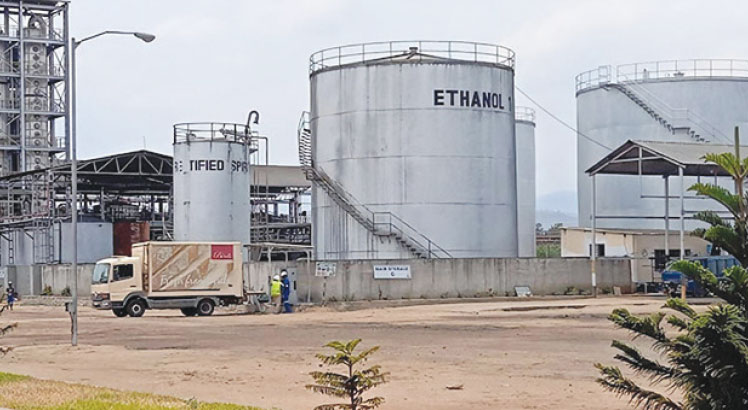Ethanol fuel project up in smoke
Malawi Government is yet to implement the project to introduce ethanol as an alternative fuel for motor vehicles about 40 years after hatching the idea.
The Nation findings based on interviews and research show that government is also failing to enforce regulations which require that all imported petrol in Malawi should be blended with ethanol at a ratio of 80 percent for petrol to 20 percent ethanol to reduce imported fuel volumes.
The revelations come at a time Malawi is struggling to import fuel due to a critical shortage of foreign exchange to facilitate the transactions.
In an interview last week, Malawi Energy Regulatory Authority (Mera) public relations and consumer affairs manager Fitina Khonje said it has not been easy to enforce regulations on blending and introducing ethanol as an alternative fuel due to low production capacity.
She said as a regulator, they have ensured that all oil companies with storage facilities have the facilities for blending.
“In general, there is limited production capacity and this affects availability of fuel ethanol supplies. Increased investment in fuel ethanol production and adoption of alternative fuel ethanol raw materials would help address this challenge,” said Khonje.

Ministry of Energy spokesperson Upile Kamoto, in a separate interview, agreed that the ministry has not been able to achieve this long-standing plan because ethanol production remains on the lower side.
“But we are working towards increasing ethanol in the country to fully achieve mandatory blending ratio as stipulated in the National Energy Policy of 2018,” she said.
In the past three months, Malawians have been experiencing fuel shortage, which have forced motorists to queue long hours at service stations while others have opted to source fuel from the expensive black market where a litre of petrol is selling at K5 000 against the official price of K1 746.
Faced with a similar crisis in 1977, government established a policy framework to promote ethanol as an alternative source of fuel.
However, since then, Malawi has two privately-owned ethanol producing companies, Ethanol Company Limited (Ethco) at Dwangwa in Nkhotakota and Press Cane Limited in Chikwawa.
Records from the National Commission for Science and Technology (NCST) indicate that in 2004, Cabinet directed that Malawi should introduce ethanol as an alternative fuel.
In response to this directive in 2006, the ethanol-driven vehicle project (EDVP) was initiated under NCST.
Under this project implemented in collaboration with Mera, Plant and Vehicle Hire Organisation and Malawi Bureau of Standards specialised vehicles known as Flexi Vehicles, which would use both ethanol and petrol, were introduced for piloting.
In 2012, NCST submitted 13 recommendations to Cabinet, including introducing ethanol as another fuel on the market, and that ethanol storage facilities should be part of the strategic fuel reserves for the National Oil Company of Malawi (Nocma).
But these recommendations are yet to be implemented.
NCST chief research officer Felix Munthali said progress has been slow because ethanol is inadequate.
He said: “Ethanol is inadequate to meet the blending requirements and let alone flexi vehicles.”
Ethco chief executive officer Lusubilo Chakaniza said part of the reason for low production of fuel ethanol was the policy change in 2006 where the blending ratio was reduced to 10 from 20, meaning they had to halve production of fuel ethanol and focused on other ventures.
“In terms of policy, we could not invest in projects to increase the degree of flexibility due to the ethanol pricing model at that time as it was linked to petrol prices and they were lower than our cost of production.
“The ethanol pricing policy was changed in 2020 and now we are investing in projects to increase capacity,” she said.
Press Cane Limited operations manager Hudson Kabanga attributed low production to unavailability of raw materials such as feedstock and molasses.
He said sometimes they import raw materials from neighbouring countries such as Zambia and Mozambique.





